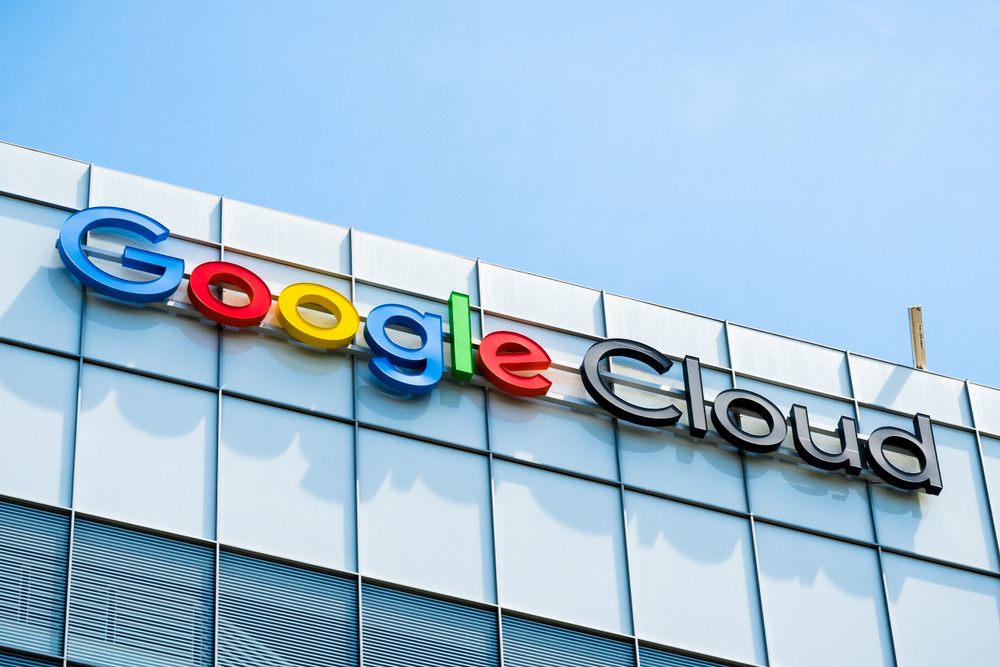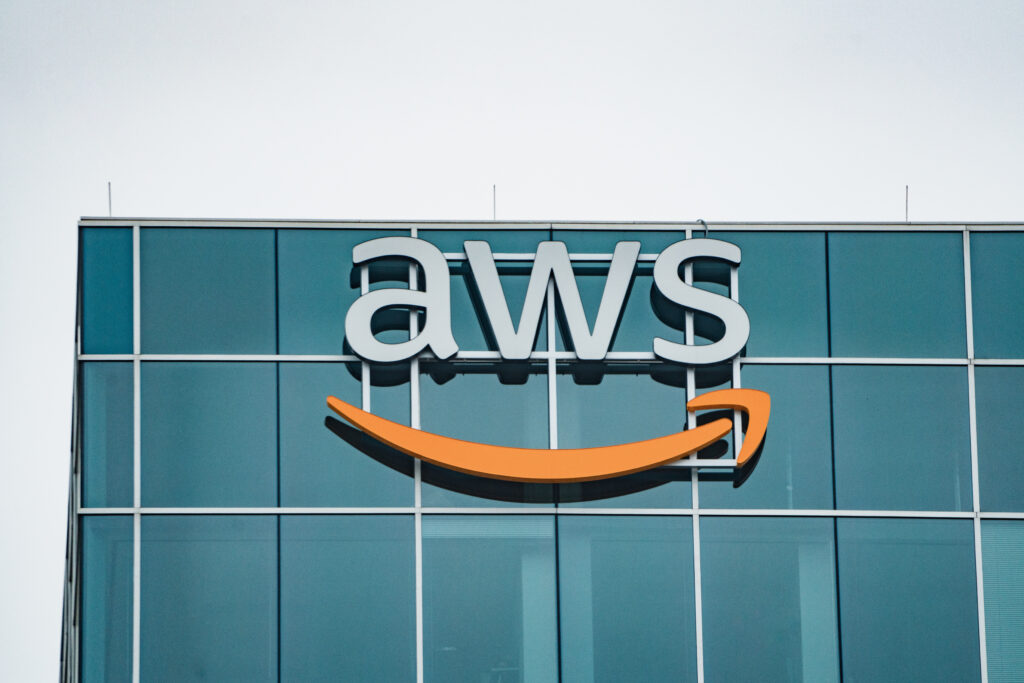Odoo, a provider of integrated business software and Google Cloud recently announced an enhanced strategic partnership to support Odoo’s global reach and deliver a seamless and scalable experience to its customers worldwide. Powered by Google Cloud’s global infrastructure, Odoo’s applications will be set up to provide users with a superior experience, quick response times, even during complex tasks and peak usage.
Sébastien Bruyr, Chief Commercial Officer at Odoo S.A., emphasized the importance of cloud technology in the company’s expansion: “At Odoo, we provide a comprehensive suite of business applications, and we needed a secure, reliable, and scalable cloud infrastructure to deliver those applications to our customers globally. Google Cloud provides us with exactly that – the right machines, the international reach, and the ability to scale quickly. It’s a natural fit for us.”
Anthony Cirot, VP EMEA South at Google Cloud, added: “Our partnership to support Odoo’s continued growth aligns with our commitment to empowering our customers with secure and robust solutions that benefit their users. By leveraging Google Cloud’s global infrastructure, Odoo can focus on delivering comprehensive, high-performance business applications to its customers around the world, while we ensure those applications run seamlessly and reliably.”
The collaboration reinforces Odoo’s multicloud strategy, and supports the scaling of infrastructure to meet the growing demands of Odoo’s customer base present in 175 countries. Google Cloud’s presence in locations such as the Middle East and India enhances connectivity, paving the way for seamless operations and a stronger global footprint.
“Google Cloud is crucial in helping us scale our infrastructure quickly and efficiently,” Sébastien Bruyr continued. “Its services are smooth to implement, develop and apply, offering us flexibility to quickly get extra resources such as compute and block storage. Most importantly, it provides the security and reliability we need, with very few incidents over the past seven or eight years.”
Moreover, Google Cloud’s attention to a lower carbon impact of its infrastructure aligns with Odoo’s commitment to sustainability, improving both its operational footprint and its reputation with environmentally-conscious clients.
This partnership will further empower Odoo S.A. to advance its global expansion and explore new opportunities, including AI integration. As Odoo continues to grow, Sébastien Bruyr is confident about the future of this partnership: “As we continue to grow, we’re very optimistic about the future and the support Google Cloud can bring along. It’s a strong alliance that benefits both companies and, most importantly, our customers. We look forward to continuing to innovate and grow together.”
What this means for ERP Insiders
Odoo customers boosted by Google Cloud horsepower. Google Cloud’s scalable infrastructure ensures that Odoo’s applications can handle varying workloads, from small businesses to large enterprises. Google Cloud also provides robust security measures, including encryption at rest and in transit, DDoS protection, and multi-layered defense strategies. The cloud services provider meets global regulatory and compliance standards (e.g., GDPR, ISO/IEC certifications), ensuring data protection for Odoo customers worldwide. By integrating Google Cloud’s AI and ML capabilities, Odoo’s customers can leverage tools for predictive analytics, natural language processing, and automated decision-making. AI capabilities enhance Odoo’s workflows, such as predictive inventory management and intelligent customer segmentation. Odoo customers benefit from seamless integration with Google Workspace tools like Gmail, Google Drive, Google Meet, and Google Sheets, enhancing collaboration and productivity, and data from Odoo applications can sync in real-time with Google Workspace, streamlining workflows. With Google Cloud’s global network of data centers, Odoo customers can deploy applications closer to their end users, reducing latency and improving user experience. Google Cloud integrates seamlessly with other third-party applications and services, enhancing Odoo’s flexibility and extensibility, and developers can use Google Cloud APIs to extend Odoo’s functionalities and build custom solutions. And Google Cloud is carbon-neutral and powered by renewable energy, supporting Odoo’s customers in achieving their sustainability goals.
Learn from Odoo’s cloud-based customers. Odoo’s multi-cloud strategy enables businesses to deploy its ERP solutions across various cloud environments, targeting flexibility, scalability, and resilience. One customer example is Star360 Holdings, a global lifestyle group headquartered in Singapore, which replaced Microsoft Navision with Odoo ERP to manage seven companies under a single Odoo instance. This implementation facilitated efficient multi-company management and streamlined operations across different regions. Another good example is The Food Service Depot, a Canadian wholesale distributor in the food service industry, which partnered with Jivaso to establish an online presence and optimize sales operations. Leveraging cloud-based ERP functionality, including inventory management, supplier integration, purchase automation, and shipping capabilities, they achieved efficient stock management and streamlined procurement processes. And a third customer example is Beta Die Casting, which collaborated with Jivaso to implement an integrated solution incorporating sales, CRM, inventory, and supplier management with ERP functionality. The cloud-based platform streamlined operations, optimized efficiency, and enhanced customer satisfaction, demonstrating Odoo’s capability to support complex manufacturing processes.
Cloud ERP continues global upward trajectory. The global adoption of cloud-based ERP systems has been accelerating in recent years, driven by the need for scalability, cost efficiency, and digital transformation. The global cloud ERP market was valued at approximately US$34.83 billion in 2023 and is projected to grow at a CAGR of 18% from 2024 to 2030. Businesses are increasingly adopting cloud-based ERP solutions to enhance flexibility, scalability, and accessibility, facilitating seamless operations and real-time data access. There is a significant movement from traditional on-premises ERP systems to cloud-based solutions, driven by the need for cost reduction, resource optimization, and enhanced mobility. And the incorporation of AI, ML, and IoT into cloud ERP systems is optimizing business processes and providing deeper insights. Worth noting is that with the increasing adoption of cloud ERP, cybersecurity has become a top priority, leading vendors to invest in advanced security measures like multi-factor authentication and data encryption. Cloud ERP systems are expected to converge with AI and sustainability practices, becoming critical components of business success in the coming years.




